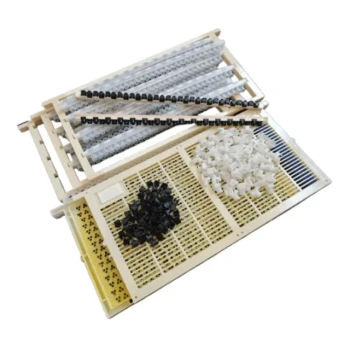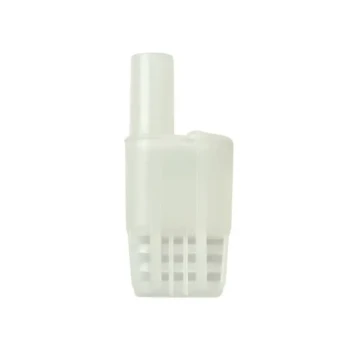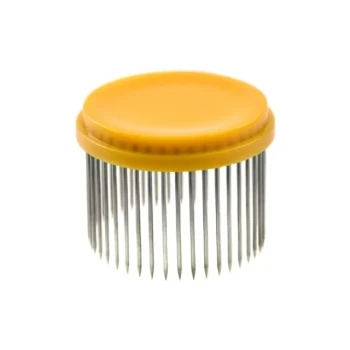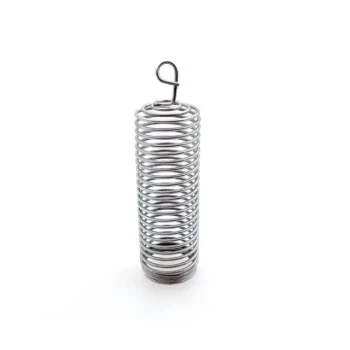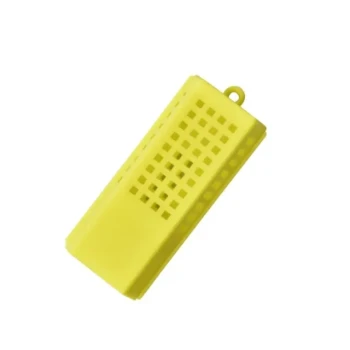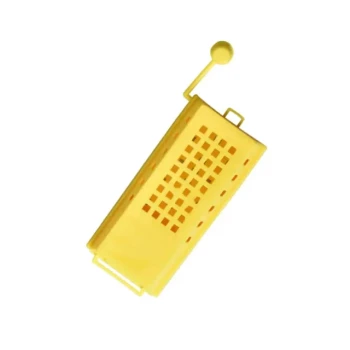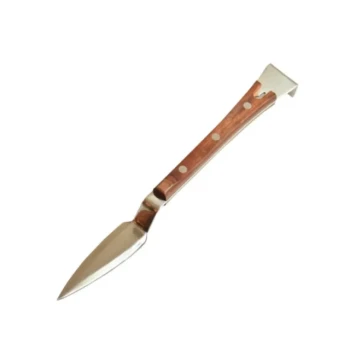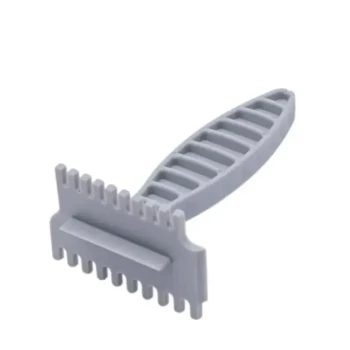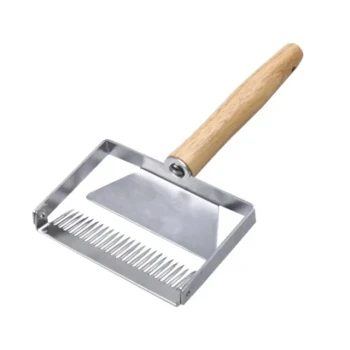For beekeepers, queen rearing is the single most powerful tool for gaining direct control over the genetic quality, health, and productivity of their hives. It allows you to move from simply managing colonies to actively breeding bees that are perfectly suited to your local environment and specific goals, such as maximizing honey production or improving disease resistance.
Queen rearing fundamentally shifts your role from a reactive manager to a strategic breeder. It empowers you to proactively shape your apiary's future by cultivating desirable traits, rather than simply reacting to emergencies like queen failure or disease outbreaks.
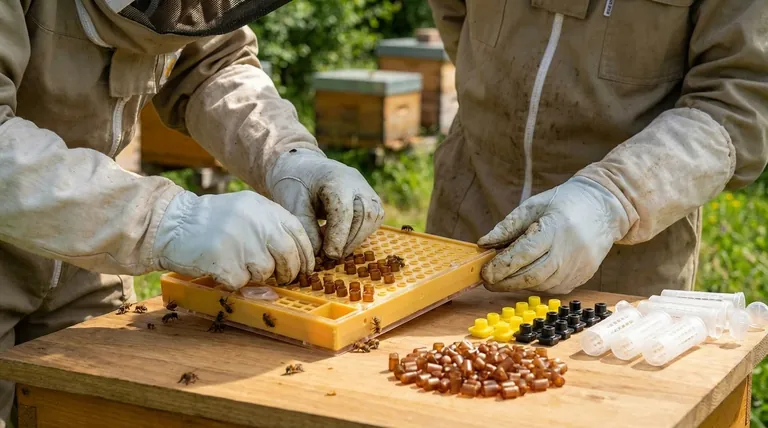
The Strategic Advantage of Genetic Selection
The core benefit of rearing your own queens is the ability to purposefully select and propagate the genetics of your best-performing colonies. You are no longer subject to the random quality of purchased queens.
Breeding for Productivity
By raising daughter queens from your most productive hives, you can consistently improve your apiary's overall honey output. You are selecting for a proven "work ethic" and the ability to build a strong population that maximizes nectar collection.
Cultivating Disease Resistance
Identify colonies that naturally show strong resistance to pests like Varroa mites or diseases like chalkbrood. Rearing queens from this resilient stock is a critical, sustainable strategy for reducing chemical treatments and maintaining healthier bees.
Selecting for Temperament
A calm and gentle temperament makes hives significantly easier and more enjoyable to work with. Queen rearing allows you to selectively breed for calmer bees, improving your own beekeeping experience and making your apiary safer.
Gaining Operational Independence and Resilience
Beyond genetics, rearing queens provides immense flexibility and security for your beekeeping operation. You become the master of your own supply chain.
Ensuring a Ready Supply of Queens
A queen can fail or be accidentally killed at any time. Having your own mated queens available in nucleus colonies (nucs) means you can replace a failing queen immediately, saving a colony that would otherwise perish or decline.
Facilitating Sustainable Colony Expansion
Queen rearing is the engine for growing your apiary. You can confidently make "splits"—dividing a strong colony into two or more new ones—because you have a ready supply of new queens to introduce to the queenless portions.
Solving Problems with Your Own Resources
A nucleus colony with a new queen is a versatile tool. It can be used to boost a weaker hive with extra bees and brood, or it can provide the replacement queen needed to correct an underperforming colony. This gives you more options for managing issues in the bee yard without external purchases.
Understanding the Trade-offs
While powerful, queen rearing is not a simple task. It requires a commitment to learning and a willingness to accept potential setbacks.
Significant Time and Skill Investment
Successful queen rearing demands patience and a solid understanding of bee biology. Mastering techniques like "grafting"—transferring larvae into queen cells—requires practice and refinement over time.
Resource Allocation
The process requires dedicating resources, including bees, brood, and food from strong colonies, to raise the new queens. These are resources that could have otherwise been used for honey production in the short term.
Risk of Failure
Not every attempt will be successful. Queen cells can be rejected by the bees, and newly hatched queens can be lost on their mating flights. It is a numbers game that requires planning for a certain level of attrition.
Making the Right Choice for Your Apiary
Adopting queen rearing depends on your long-term goals. It is a strategic decision that trades immediate convenience for long-term control and quality.
- If your primary focus is maximizing genetic quality: Rearing your own queens from your best local stock is the only way to consistently improve traits like disease resistance and productivity.
- If your primary focus is operational self-sufficiency: Having a supply of queens and nucleus colonies provides critical insurance against unexpected queen loss and allows for planned, cost-effective expansion.
- If your primary focus is simplicity and minimizing labor: Buying queens from a reputable supplier may be more practical, but you sacrifice control over genetics and the immediate availability needed to solve emergencies.
Embracing queen rearing is a deliberate investment in the long-term resilience and performance of your entire beekeeping operation.
Summary Table:
| Key Benefit | Core Advantage |
|---|---|
| Genetic Selection | Breed for productivity, disease resistance, and gentle temperament. |
| Operational Independence | Ensure a ready supply of queens and facilitate sustainable colony expansion. |
| Apiary Resilience | Solve problems with your own resources and gain critical insurance against queen loss. |
Ready to elevate your beekeeping operation?
HONESTBEE supplies the high-quality queen rearing equipment and beekeeping supplies that commercial apiaries and distributors need to succeed. From durable grafting tools to reliable hive components, our wholesale-focused operations provide the tools for strategic breeding and operational resilience.
Contact HONESTBEE today to equip your apiary for success.
Visual Guide
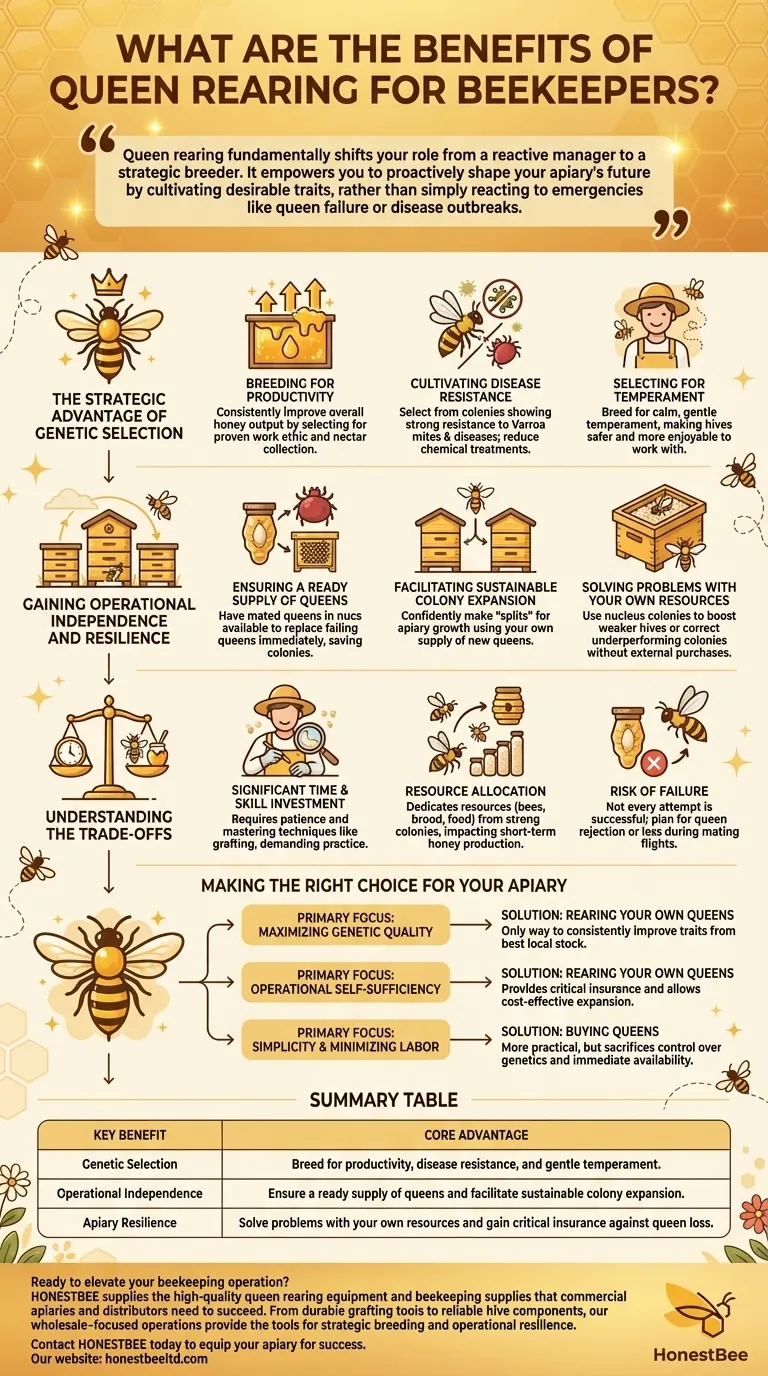
Related Products
- Nicot Queen Rearing Kit for Beekeeping and Grafting in Nicot System
- No Grafting Queen Rearing Kit: System for Royal Jelly Production and Queen Rearing
- JZBZ Langstroth Queen Rearing Frame for Beekeeping
- Multi-Function Queen Roller Cage and Catcher
- Professional Round Push-In Queen Cage with Metal Tines
People Also Ask
- Can anyone use Queen Rearing with JZBZ? A Beginner-Friendly System for All Beekeepers
- What should be done once eggs are present in the comb box? A Guide to Maximizing Queen Rearing Success
- What is the Doolittle method of queen rearing? Master Controlled Queen Production for Your Apiary
- What happens if a larva is grafted too late? Avoid Scrub Queens and Failed Rearing
- What should be done to ensure grafted larvae are well-fed? Master the Principle of Abundance for Queen Rearing

